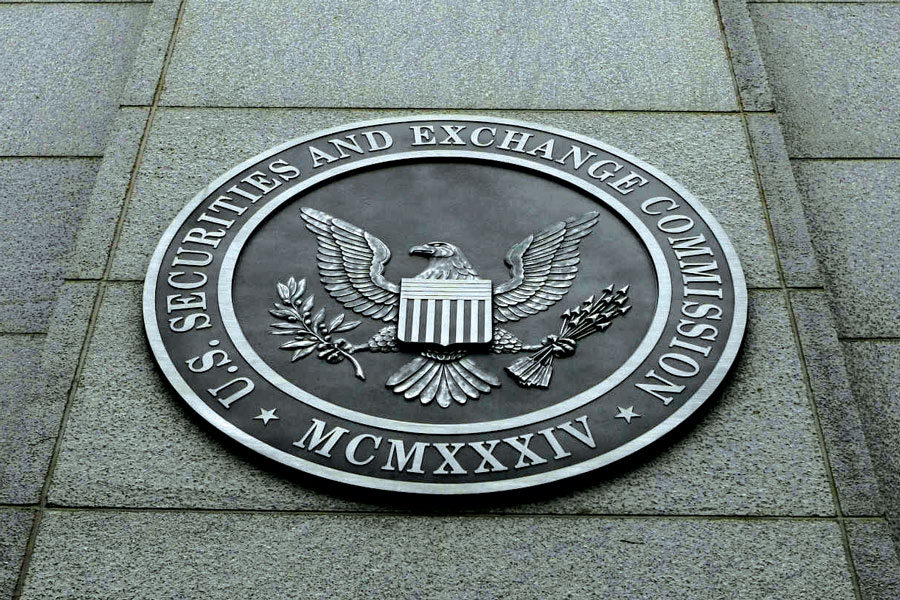

On April 27, the staff of the Securities and Exchange Commission's Division of Investment Management, after including its disclaimer that responses have no legal force or effect, posted the following response to this question about funds and advisers affected by COVID-19: "If I receive or have received a PPP loan, what are my regulatory reporting obligations under the Investment Advisers Act of 1940 to my firm’s clients?
"A. As a fiduciary under federal law, you must make full and fair disclosure to your clients of all material facts relating to the advisory relationship. If the circumstances leading you to seek a PPP loan or other type of financial assistance constitute material facts relating to your advisory relationship with clients, it is the staff’s view that your firm should provide disclosure of, for example, the nature, amounts and effects of such assistance. If, for instance, you require such assistance to pay the salaries of your employees who are primarily responsible for performing advisory functions for your clients, it is the staff’s view that you would need to disclose this fact.
Staff Response to Question II.4 (emphasis added)
Based on the text of the response, I believe the answer to the disclosure question depends on the facts and circumstances surrounding a firm’s application for and receipt of the loan for these reasons.
First, the staff could have omitted the word “if” and simply said: “As a fiduciary under federal law, you must make full and fair disclosure to your clients of all material facts relating to any PPP loan you received,” and left it at that. But the staff made disclosure contingent on several factors.
Second, in explaining that disclosure would be appropriate “If the circumstances leading you to seek a PPP loan ... constitute material facts relating to your advisory relationship,” the staff leaves open the possibility that the circumstances leading a firm to seek a PPP loan may not constitute material facts relating to the advisory relationship with clients.
Third, the response implies that even if PPP loan funds are required — but required for something other than paying employees who are “primarily responsible” for client advisory functions — disclosure is not obligatory. Assume there are material facts relating to the firm’s client advisory relationship that led it to seek the loan. The staff explains by way of example that the firm should then disclose the nature, amounts and effects of such assistance. But the staff explains that you would need to disclose this fact “If . . . you require such assistance to pay salaries of your employees who are primarily responsible for performing advisory functions for your clients.” (Emphasis added.)
This suggests that if PPP funds are not required to pay salaries of that class of employees who are primarily responsible for performing advisory functions for clients, disclosure is not necessarily called for. Thus, with respect to paying salaries of advisory employees, the PPP loan may be helpful but not required.
Bottom line, if the loan is necessary -- essential -- to pay the salaries of employees who are primarily responsible for performing advisory functions for clients, disclosure is appropriate. If the loan is not essential for this purpose, then I believe the SEC response does not mandate disclosure.
Matt Boos is an investment management lawyer who represents clients in the wealth management industry. He is head of Fredrikson & Byron’s Investment Management Group and can be reached at [email protected].

Driven by robust transaction activity amid market turbulence and increased focus on billion-dollar plus targets, Echelon Partners expects another all-time high in 2025.

The looming threat of federal funding cuts to state and local governments has lawmakers weighing a levy that was phased out in 1981.

The fintech firms' new tools and integrations address pain points in overseeing investment lineups, account monitoring, and more.

Canadian stocks are on a roll in 2025 as the country prepares to name a new Prime Minister.

Carson is expanding one of its relationships in Florida while Lido Advisors adds an $870 million practice in Silicon Valley.
RIAs face rising regulatory pressure in 2025. Forward-looking firms are responding with embedded technology, not more paperwork.
As inheritances are set to reshape client portfolios and next-gen heirs demand digital-first experiences, firms are retooling their wealth tech stacks and succession models in real time.
